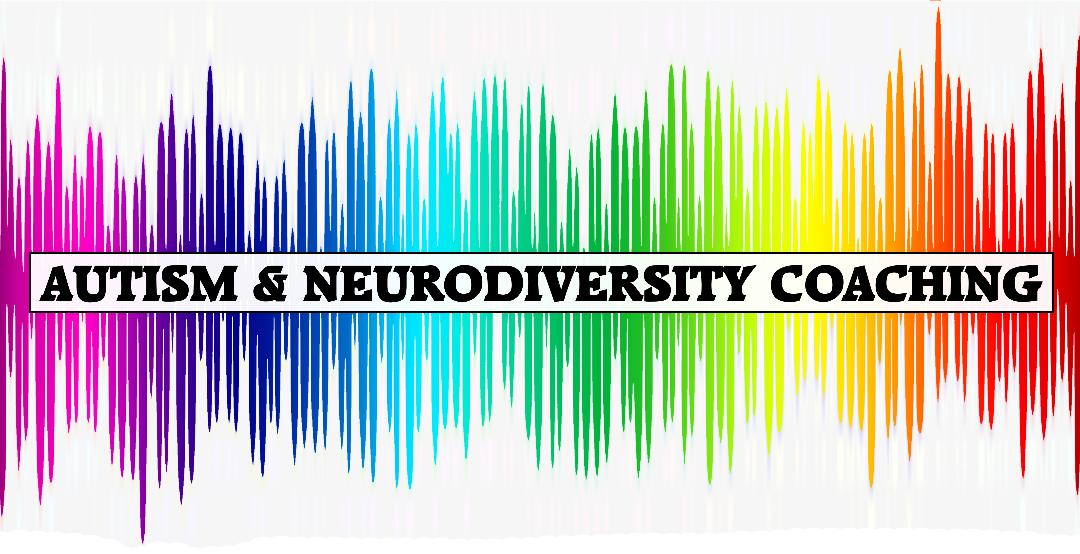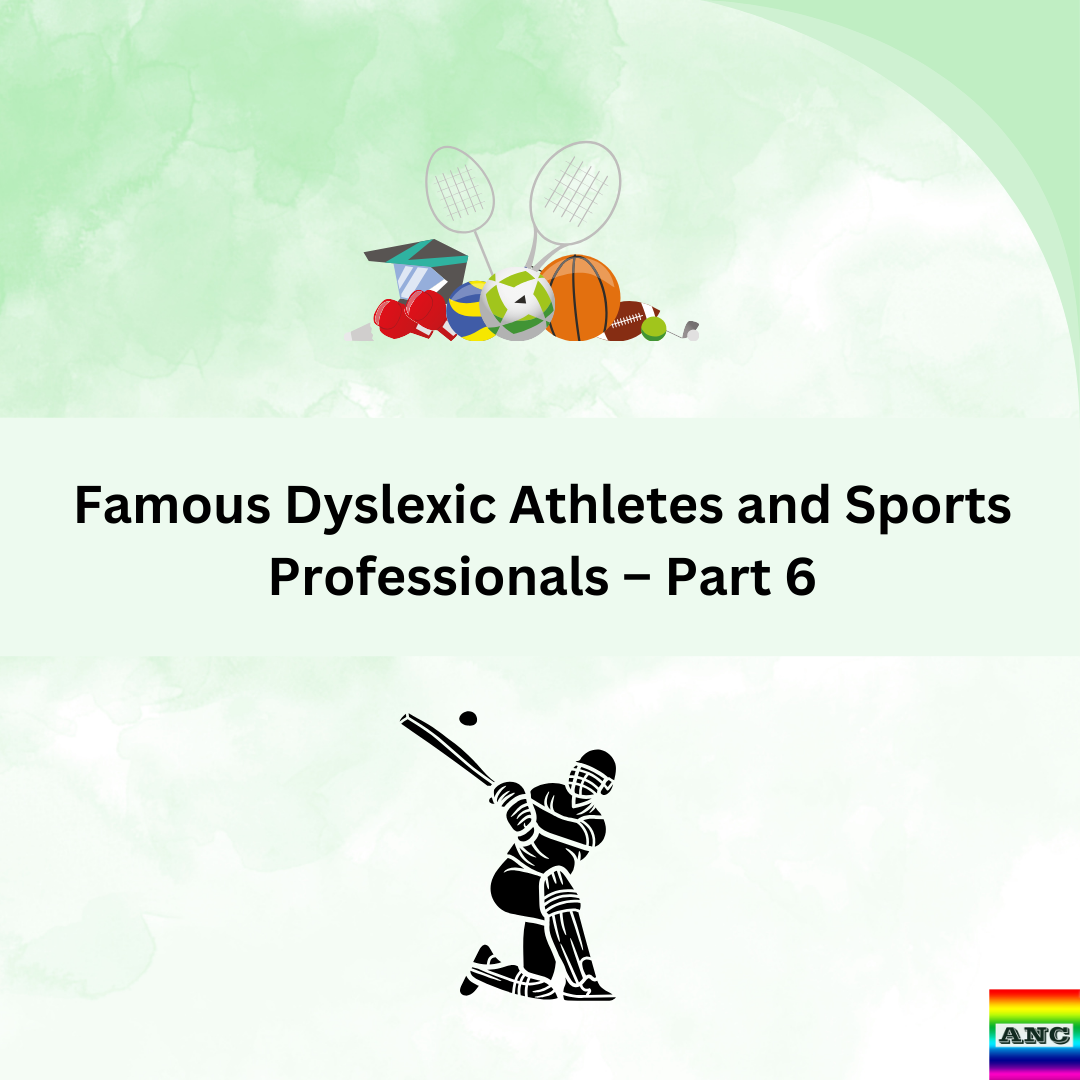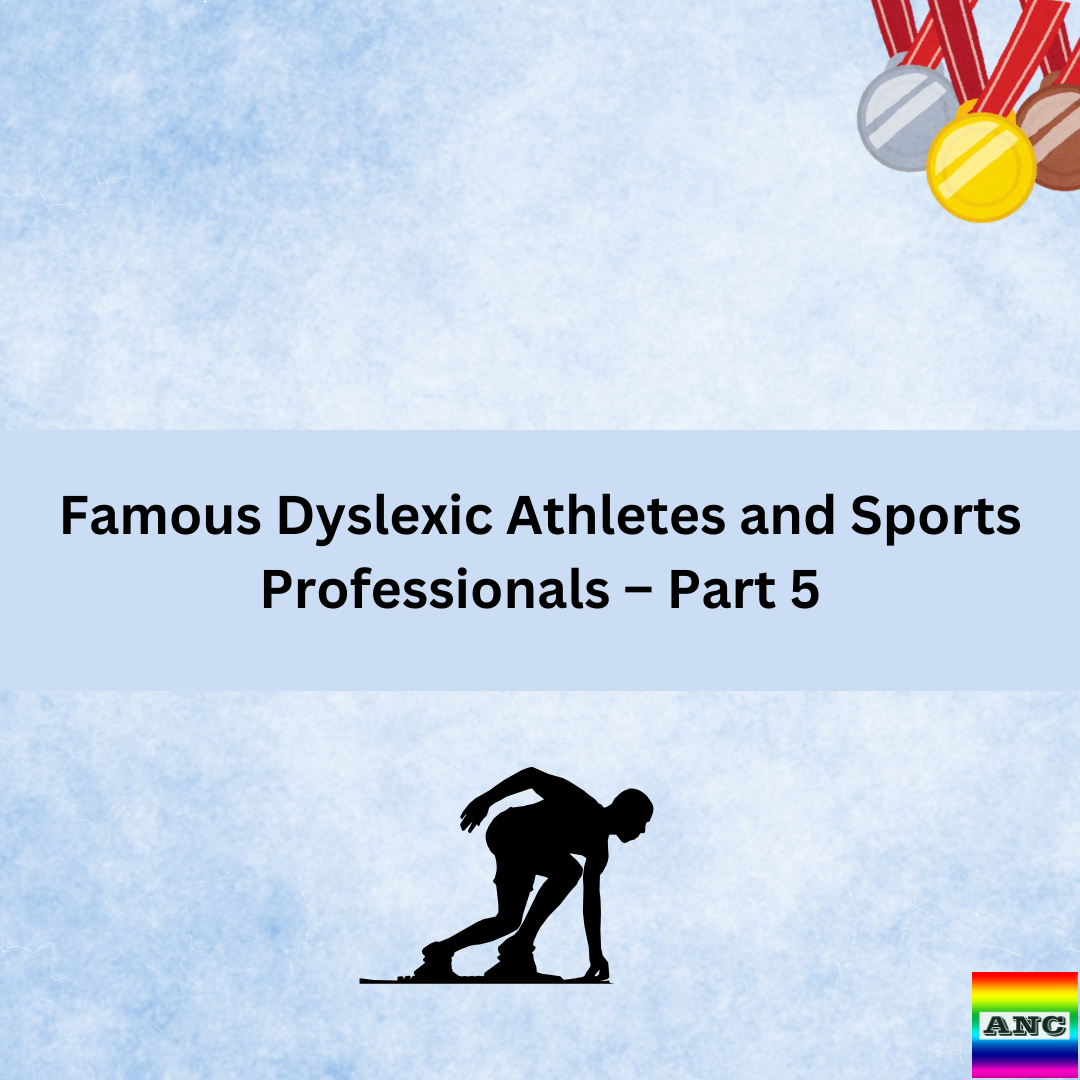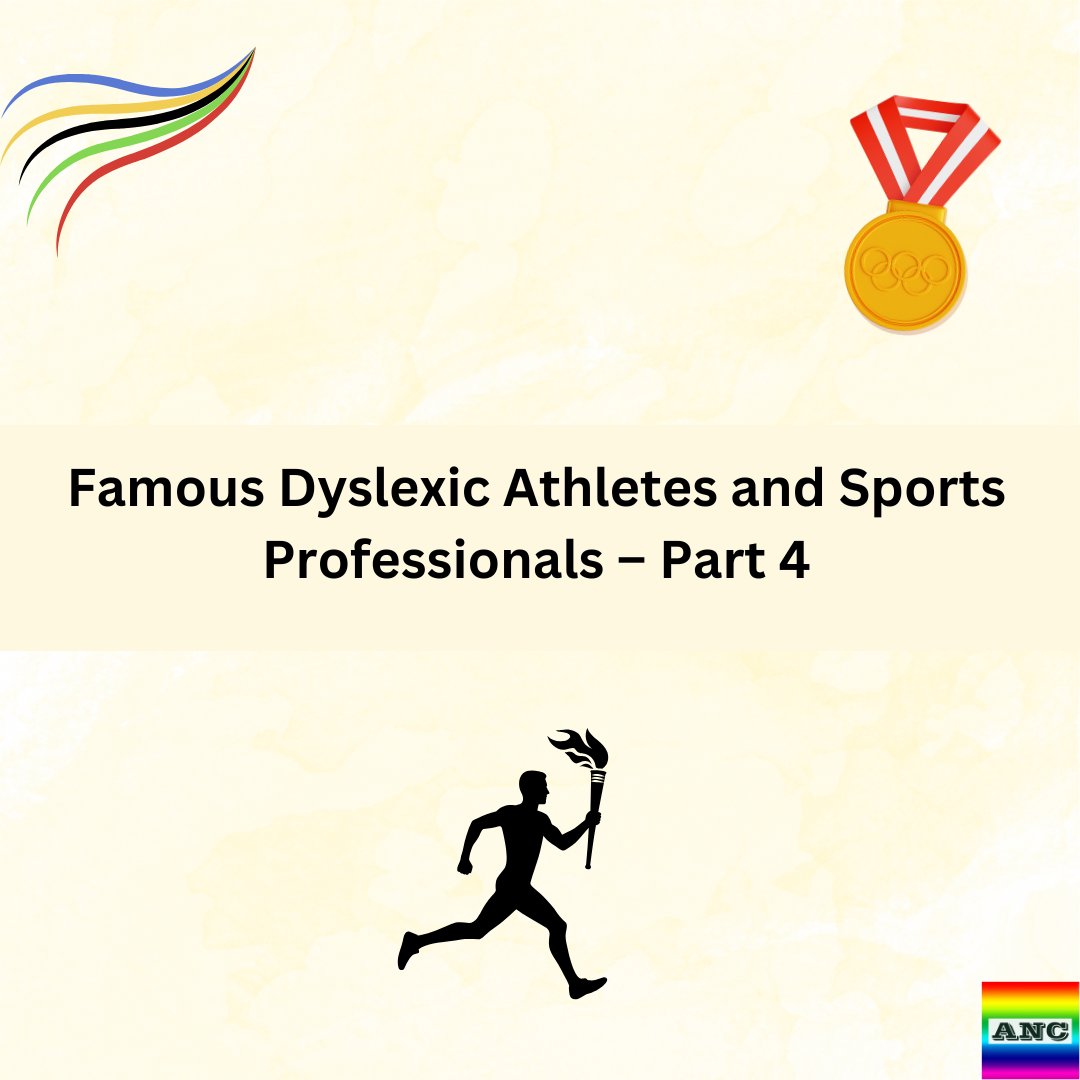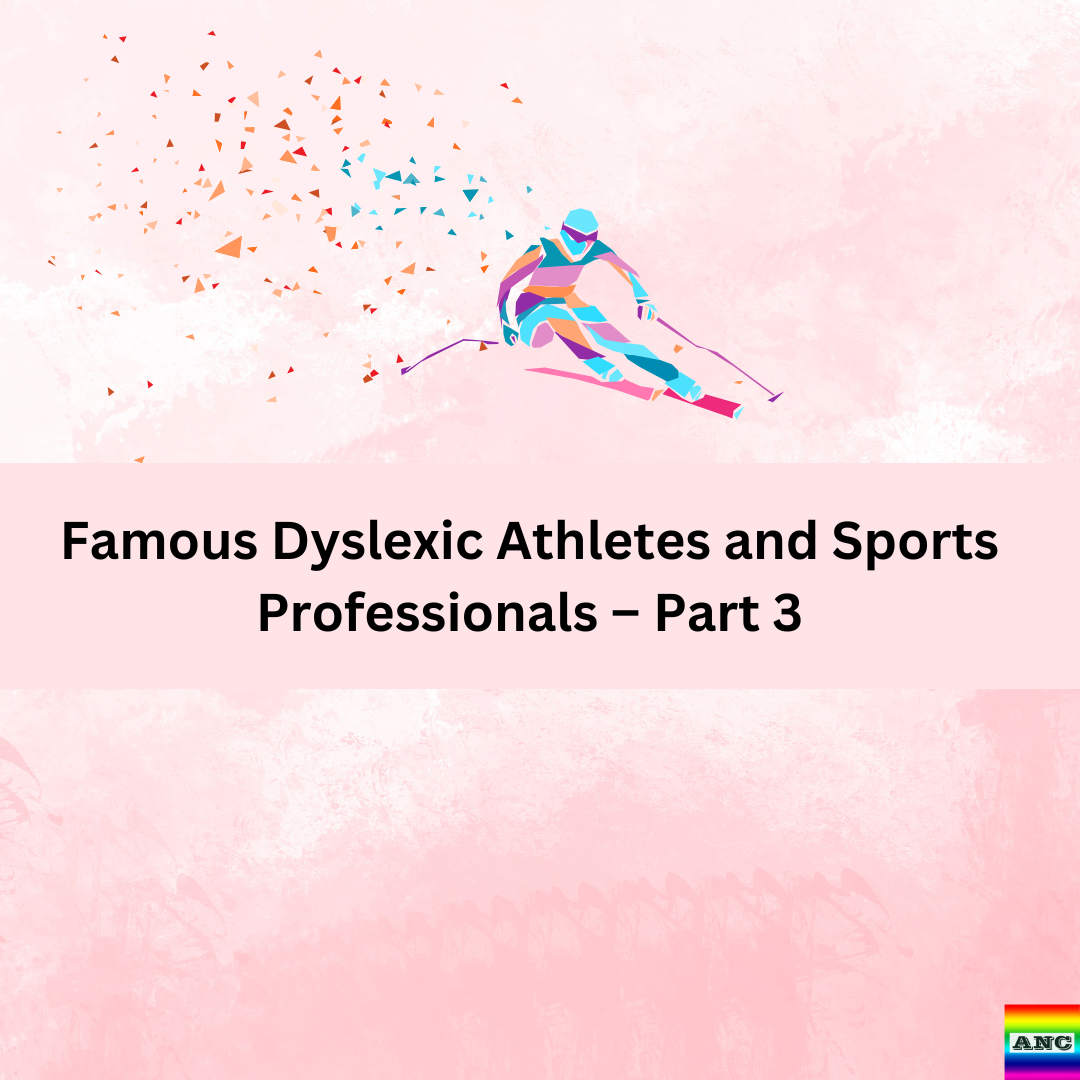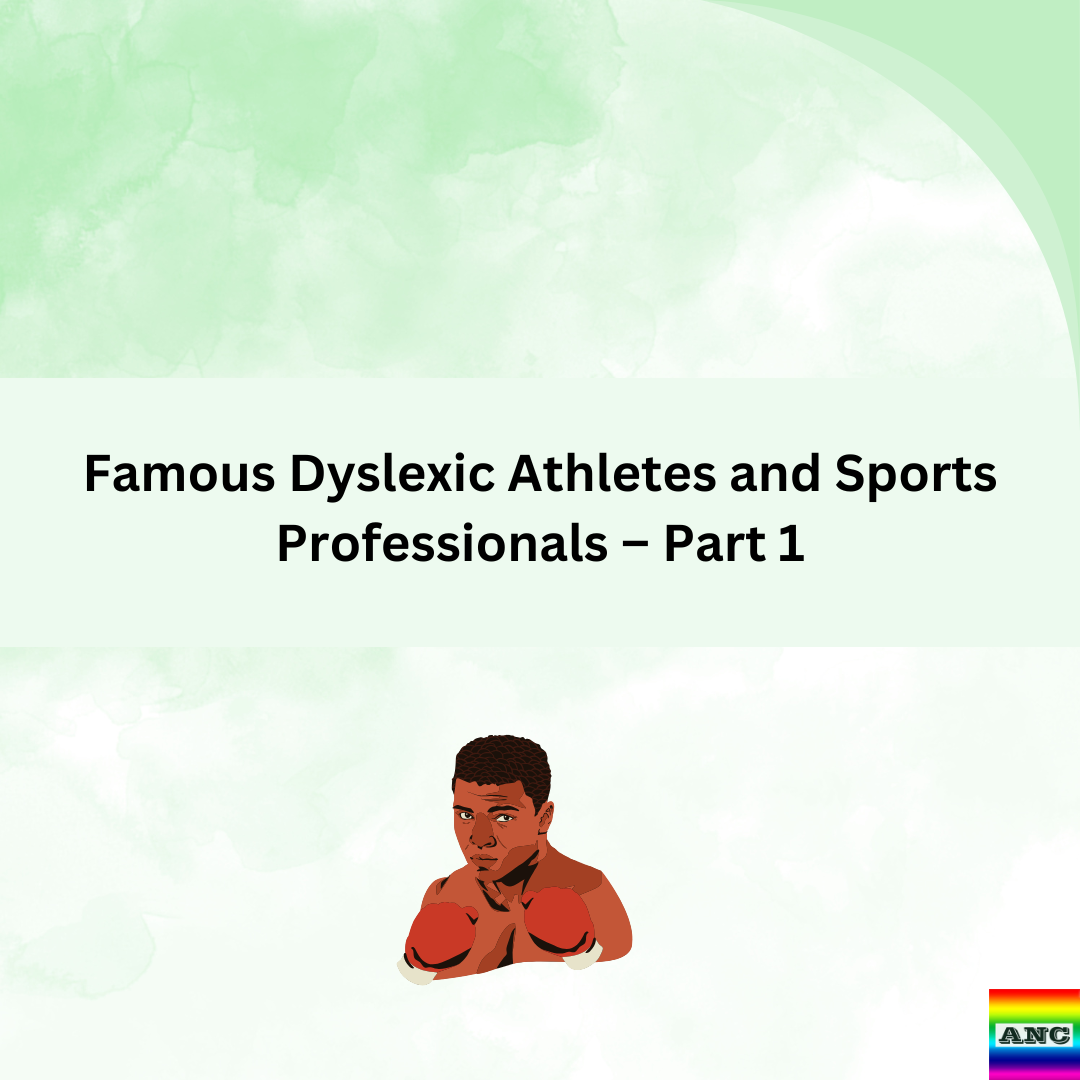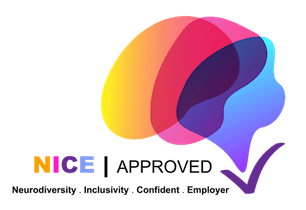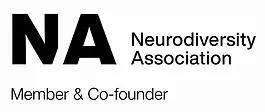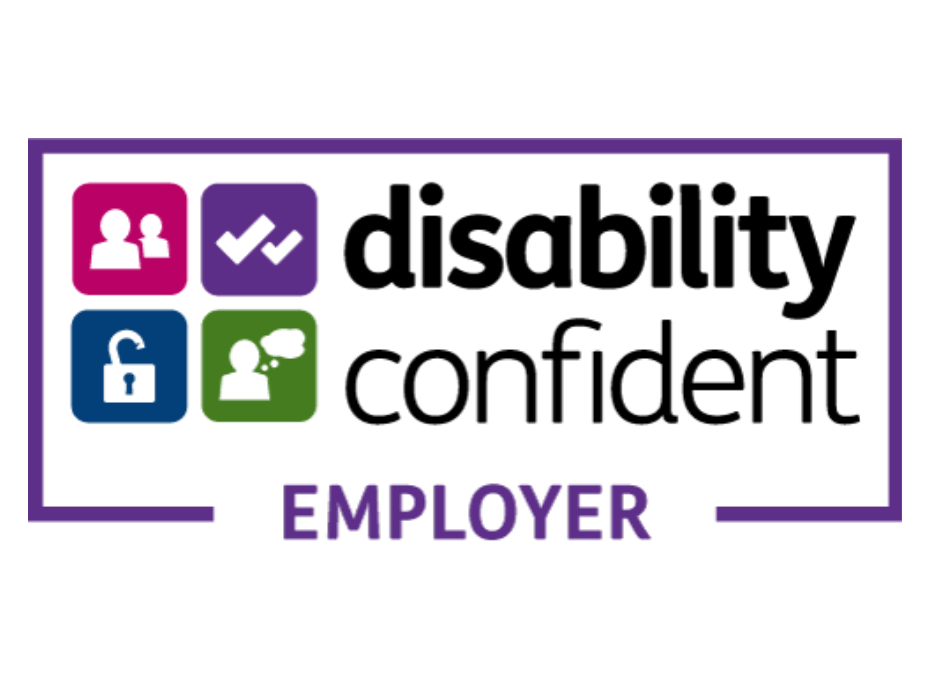The Impact of Technological Advances on Supporting Dyslexic Football Players
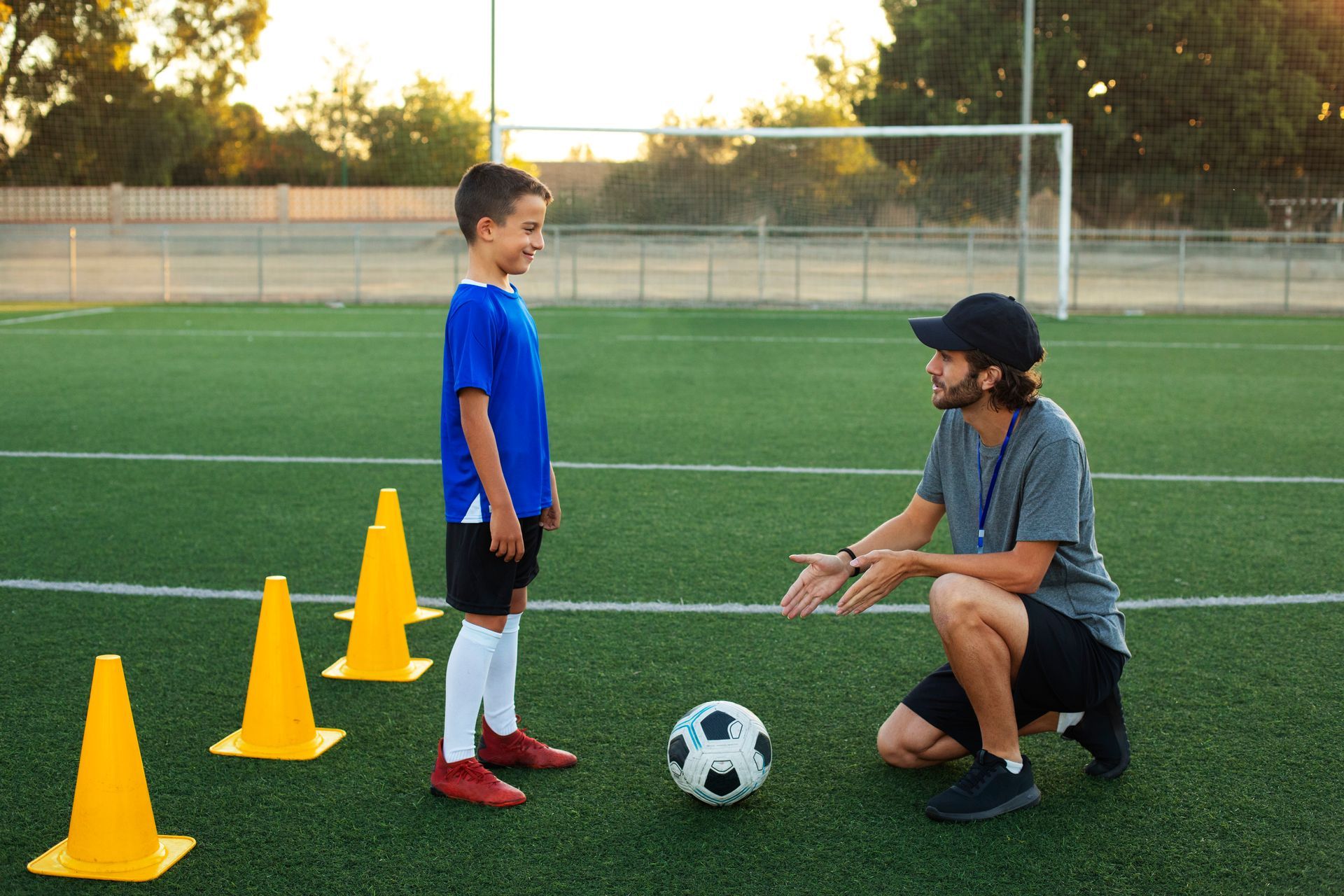
Technological advancements are playing a crucial role in supporting dyslexic football players, providing new tools and strategies to enhance their training and performance. Here’s how technology is making a difference:
Assistive Technology for Learning
Assistive technology tools, such as text-to-speech software, speech-to-text applications, and electronic organisers, can help dyslexic athletes manage their academic responsibilities and improve their ability to understand and follow football strategies. These tools can convert written playbooks into spoken words, making it easier for dyslexic players to absorb and retain information.
Electronic organisers and reminder apps can assist with time management and task organisation, helping players keep track of training schedules, assignments, and other commitments. By integrating these technologies into their daily routines, dyslexic athletes can better balance their academic and athletic responsibilities.
Video Analysis for Visual Learning
Video analysis is a powerful tool for dyslexic football players, allowing them to review game footage and training sessions visually. Coaches can use video to break down complex plays, demonstrate techniques, and provide visual feedback.
Dyslexic athletes often find it easier to learn by watching rather than reading, so video analysis helps them understand and internalise strategies and movements. By studying video clips of themselves and their opponents, players can gain valuable insights into their performance and make necessary adjustments.
Interactive Training Platforms
Interactive training platforms that use virtual simulations and gamification can enhance the learning experience for dyslexic players. These platforms allow athletes to engage with football strategies and drills in a dynamic and interactive way, catering to various learning styles.
Virtual reality (VR) and augmented reality (AR) technologies can create immersive training environments where dyslexic athletes can practice game scenarios, visualise plays, and improve their spatial awareness. These interactive tools provide a hands-on learning experience that aligns with the strengths of many dyslexic players.
Customised Coaching Apps
Customised coaching apps can be tailored to the specific needs of dyslexic athletes, offering personalised training plans, visual aids, and progress tracking. These apps can provide dyslexic players with clear, step-by-step instructions and visual representations of plays, making it easier for them to grasp complex concepts.
By using coaching apps that cater to their learning preferences, dyslexic athletes can receive targeted support and feedback, helping them improve their skills and performance on the field.
Encouraging Collaboration and Community Support
Creating a strong support network for dyslexic football players involves collaboration among various stakeholders, including coaches, educators, teammates, and families. Here’s how these groups can work together to provide comprehensive support:
Building Strong Coach-Athlete Relationships
Establishing open communication between coaches and dyslexic athletes is essential for understanding their needs and providing effective support. Coaches should take the time to learn about their players’ learning styles and work with them to develop strategies that accommodate their needs.
Regular check-ins, personalised feedback, and a supportive coaching approach can help dyslexic athletes feel valued and empowered. Coaches who are committed to understanding and addressing the unique challenges of dyslexic players can build a positive and inclusive training environment.
Engaging Families in the Support Process
Families play a vital role in supporting dyslexic football players by providing encouragement, understanding, and practical assistance. Parents and guardians can collaborate with coaches and educators to ensure that their children receive the necessary support and accommodations.
Open communication between families, coaches, and schools helps create a unified approach to supporting dyslexic athletes. Families can also advocate for their children’s needs and work with football programs to ensure that appropriate resources and accommodations are in place.
Promoting Peer Support and Team Building
Encouraging peer support and team building helps create a positive and inclusive environment for dyslexic players. Teammates who understand and appreciate the unique strengths and challenges of dyslexic athletes can contribute to a more supportive and collaborative team dynamic.
Team-building activities, mentorship programs, and open discussions about diversity and inclusivity can create a sense of belonging and camaraderie among players. By building strong relationships and promoting mutual respect, teams can create an environment where all players, including those with dyslexia, feel valued and supported.
Celebrating Success and Advocacy
Celebrating the achievements of dyslexic football players and advocating for greater awareness and support are crucial for advancing inclusivity in the sport. Here’s how these efforts can make a difference:
Highlighting Success Stories
Sharing success stories of dyslexic football players helps inspire others and showcase the positive impact of inclusivity. Media coverage, interviews, and profiles that highlight the accomplishments of dyslexic athletes can raise awareness and challenge stereotypes.
Celebrating these achievements not only acknowledges the hard work and talent of dyslexic players but also serves as a source of motivation for others facing similar challenges. It reinforces the message that dyslexia is not a barrier to success but a unique aspect of an athlete’s identity.
Advocating for Inclusive Policies
Advocating for inclusive policies and practices in football organisations and governing bodies helps drive systemic change. By working with sports organisations, educational institutions, and advocacy groups, individuals can push for policies that support dyslexic athletes and promote neurodiversity in football.
Advocacy efforts can include lobbying for changes in regulations, promoting awareness campaigns, and developing resources and support programs for dyslexic players. By advocating for inclusivity, stakeholders can help create a more equitable and supportive environment for all athletes.
Embracing the Full Potential of Dyslexic Football Players
Dyslexia presents both challenges and opportunities for football players. By understanding and addressing the unique needs of dyslexic athletes, football communities can unlock their full potential and harness their strengths.
Through education, technology, collaboration, and advocacy, the football world can create a more inclusive and supportive environment for dyslexic players. By celebrating their achievements and promoting awareness, we can inspire future generations of athletes to embrace their differences and excel in the sport they love.
Dyslexia is not a limitation but a testament to the diverse ways in which people can achieve greatness. As we continue to support and uplift dyslexic football players, we contribute to a richer, more dynamic sport where every player has the opportunity to shine.

